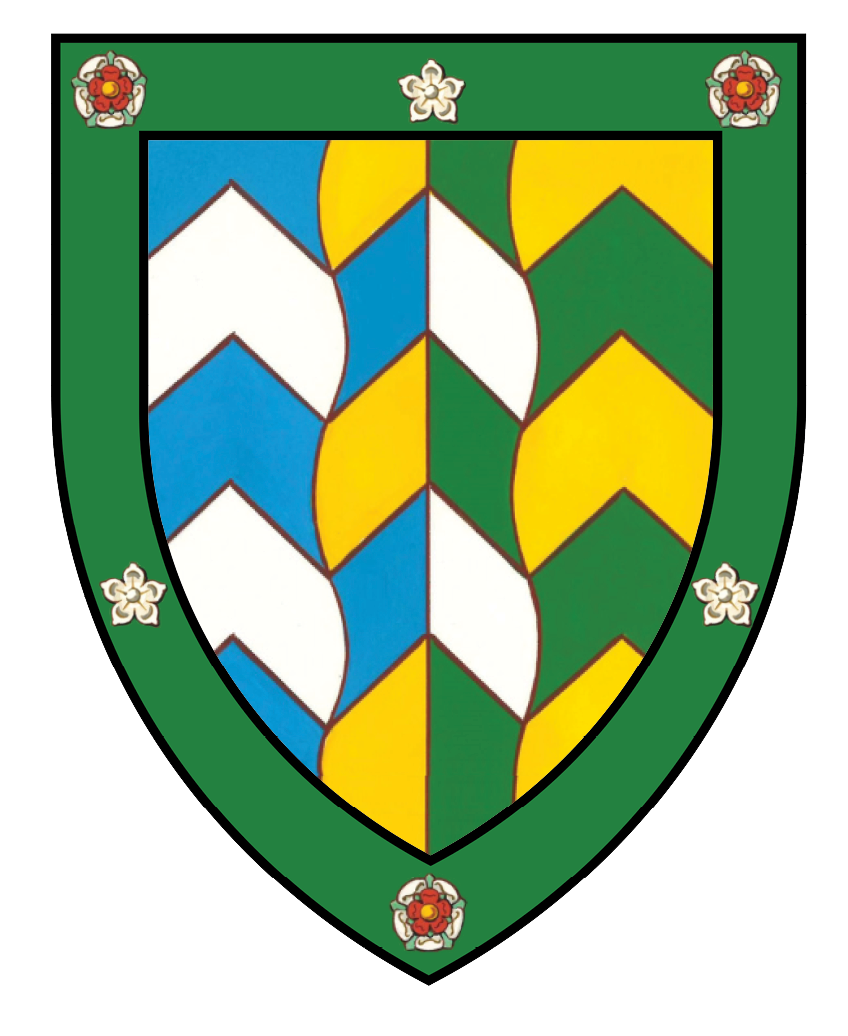Borough and Town Councils
A borough was a town in which certain inhabitants (called burgesses) had been granted special privileges. In the middle ages, boroughs were usually created by charters obtained from the sovereign or from an important nobleman.
In the medieval and early modern period, boroughs were powerful bodies and were independent of the county authorities and, along with certain other rights, had the right to hold their own court of Quarter Sessions.
The idea of legal incorporation developed in the late 16th century when many boroughs sought royal confirmation of their rights. An incorporated borough could hold land and act in the name of the corporation and was treated as a body rather than a group of individuals. It also enjoyed perpetual succession and possessed a common seal. The burgesses elected a mayor and aldermen who constituted the governing body of the borough. They appointed various officials including the chamberlain, coroner, recorder, sergeants, bailiffs and ale tasters.
By the 18th century, boroughs discharged responsibilities for the repair of public buildings, social welfare, building control and poor relief. They also administered various trusts and charities. However, they were ill-equipped to deal with the problems caused by the industrial revolution and urban expansion. New authorities such as Improvement Commissioners and Boards of Health were created to implement schemes for sewerage, drainage, lighting and public health improvements. Boroughs were empowered to act as Boards of Health.
The 1835 Municipal Corporations Act deprived some boroughs of their status and replaced the remaining corporations with councils which were elected by ratepayers of 3 years' standing. Councillors and aldermen now faced re-election after 3 and 6 years respectively. The 1882 Municipal Corporations Act consolidated the 1835 Act and incorporated new towns too. Some boroughs became county boroughs under the 1888 Local Government Act. County boroughs were to be independent of the administrative counties with equivalent powers and functions to those of the counties themselves. In England, since the Local Government Act 1972, 'town council' is the specific name given to a civil parish council which has declared itself by resolution to be a town council. If another type of local council, such as a district authority, covers a single town then the council is often a 'borough council': borough status is however conferred at the discretion of the Crown.
For further information on the previous boundaries of urban district councils, rural district councils and borough councils see the maps of Cumberland 1894-1934 (PDF 150KB), and Cumberland, Westmorland and Lancs, 1934-1974 (PDF 150KB).
Appleby Borough Council (incorporated 1179)
Barrow Borough Council (incorporated 1876)
Kendal Borough Council (incorporated 1575)
Whitehaven Borough Council (incorporated 1894)
Workington Borough Council (incorporated 1888)
Grange-over-Sands Town Council
